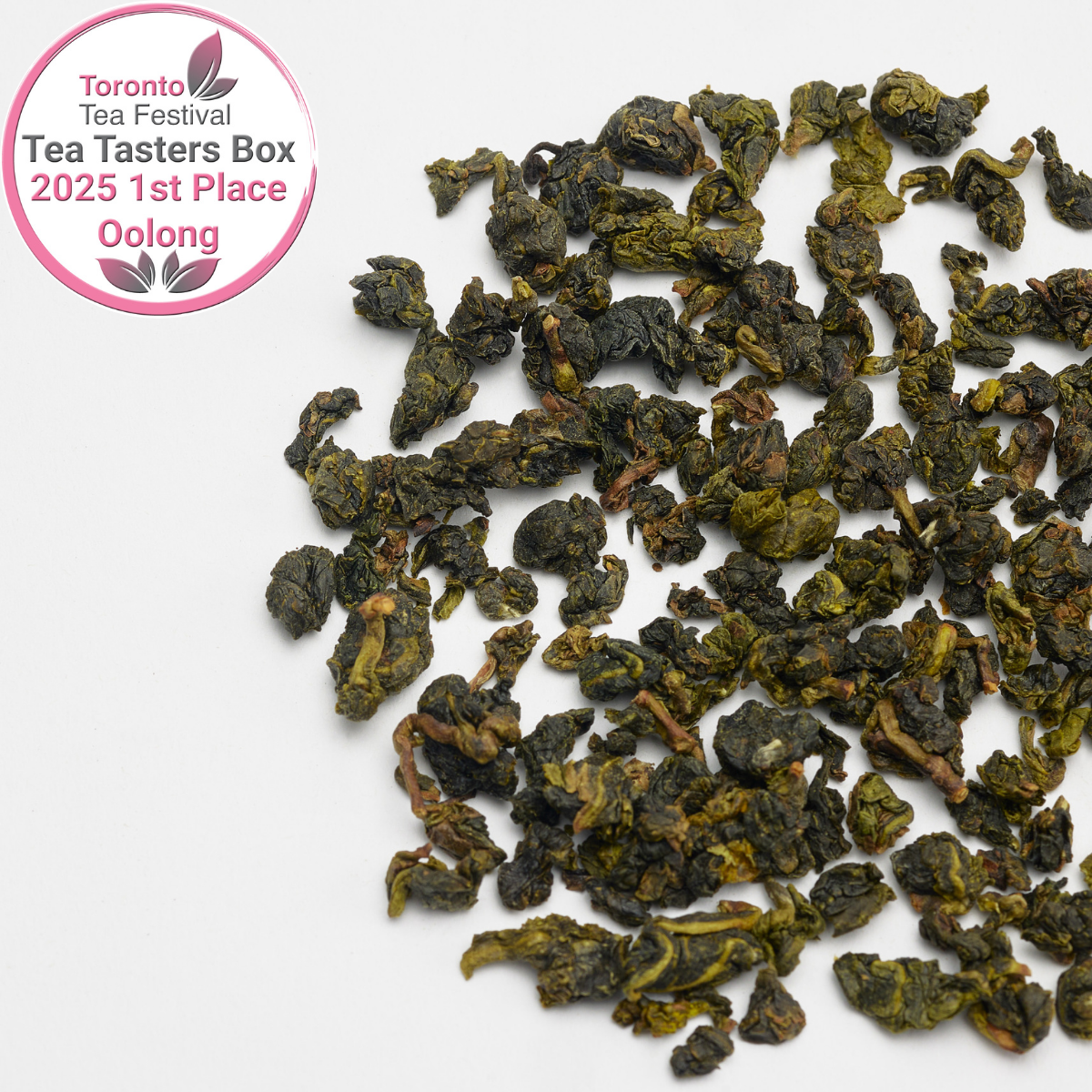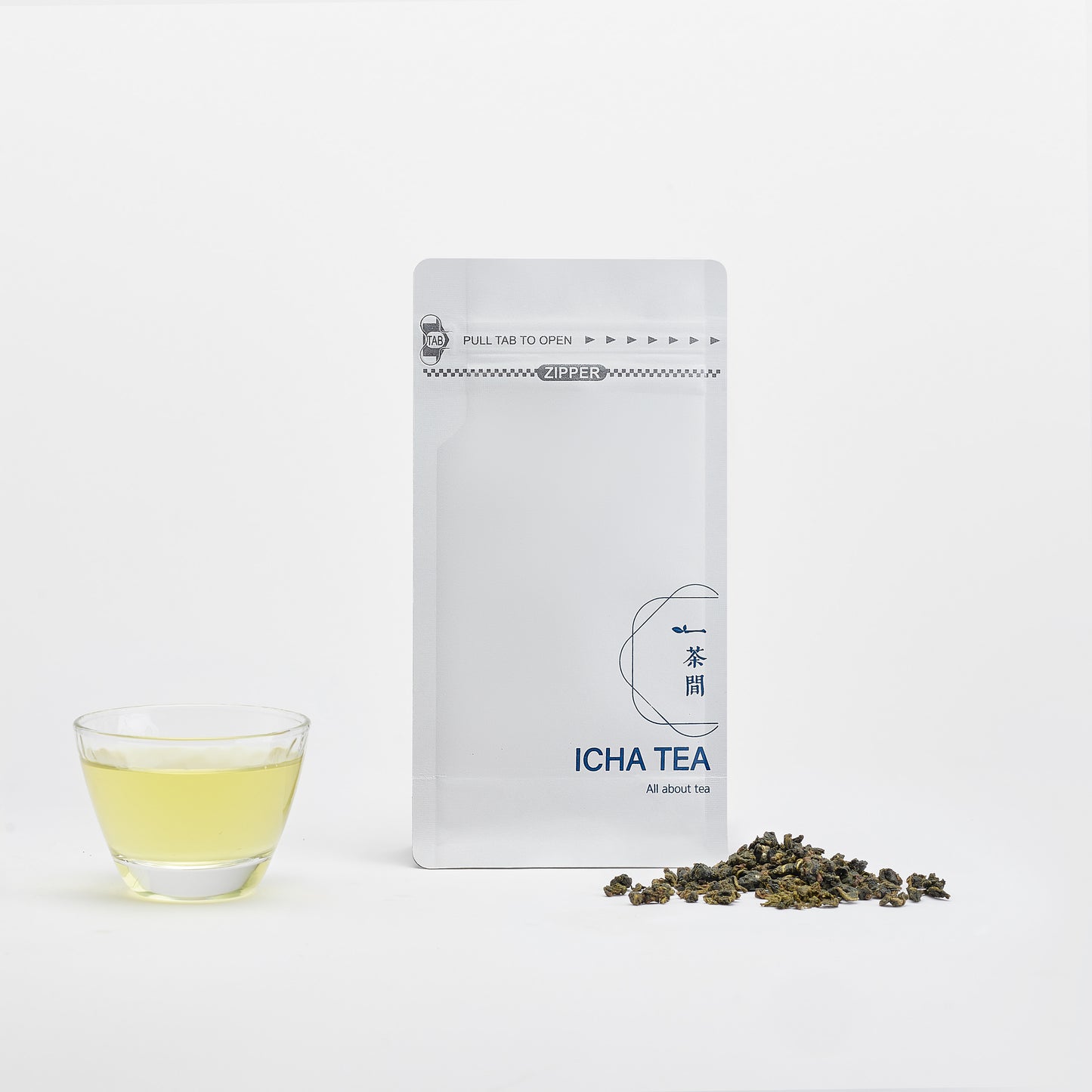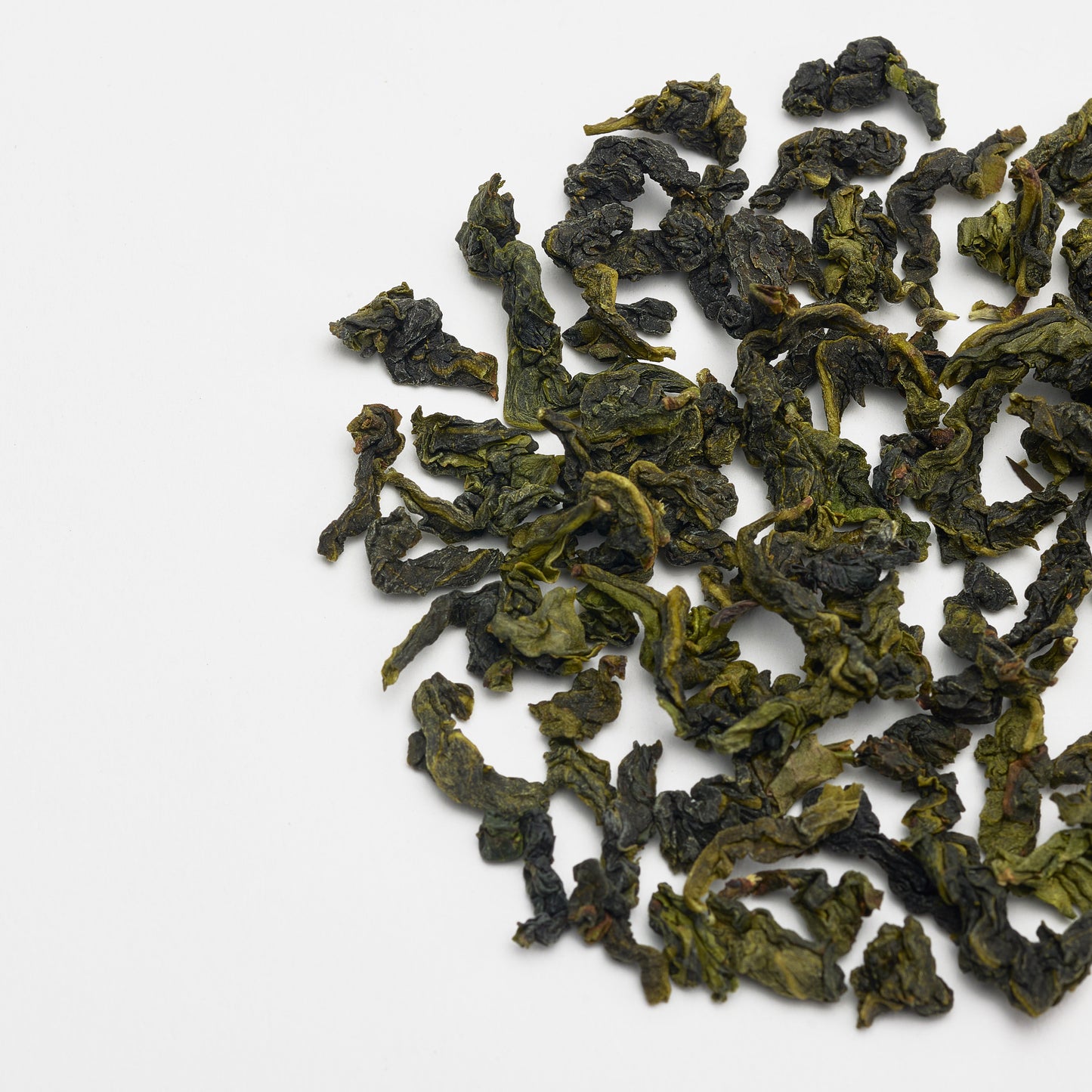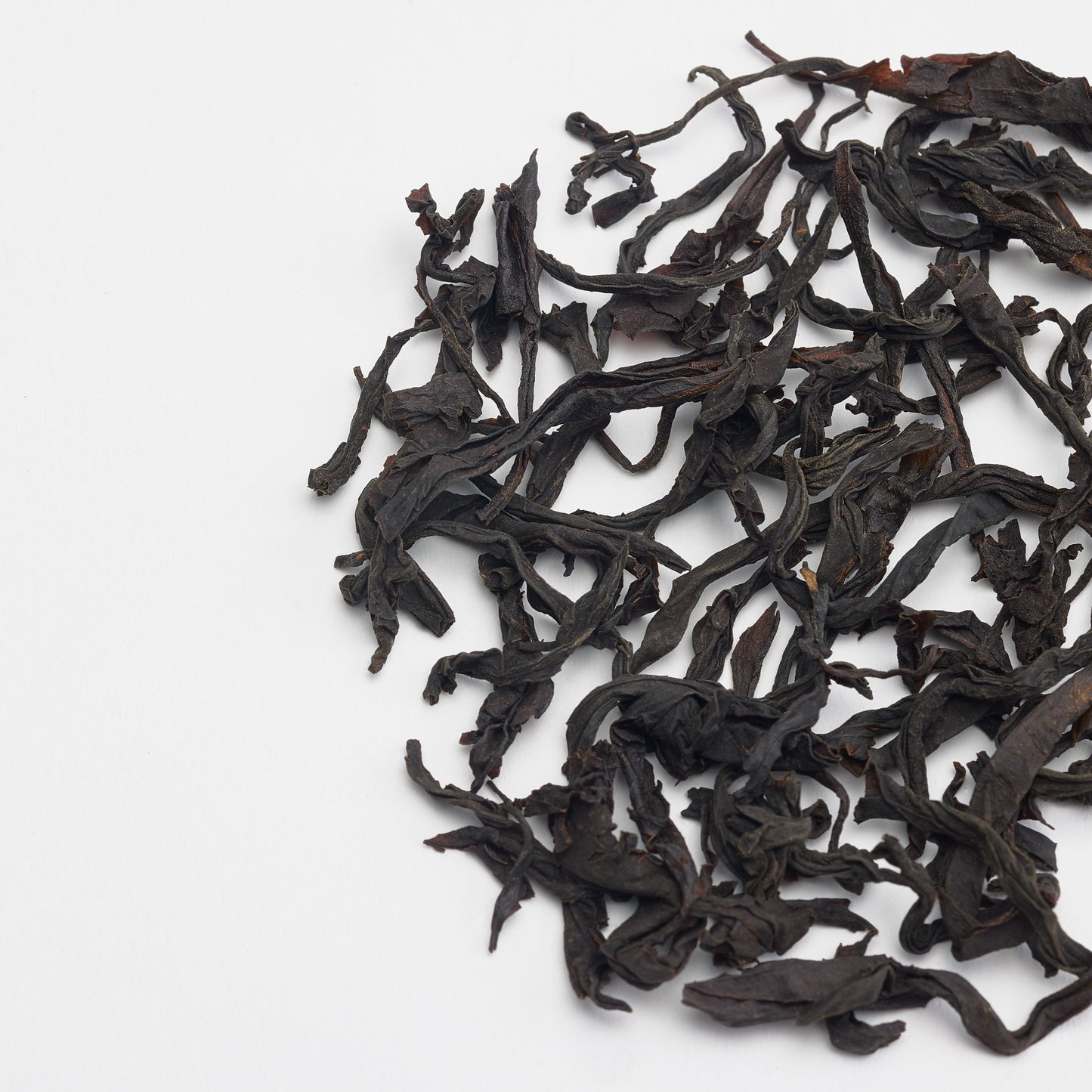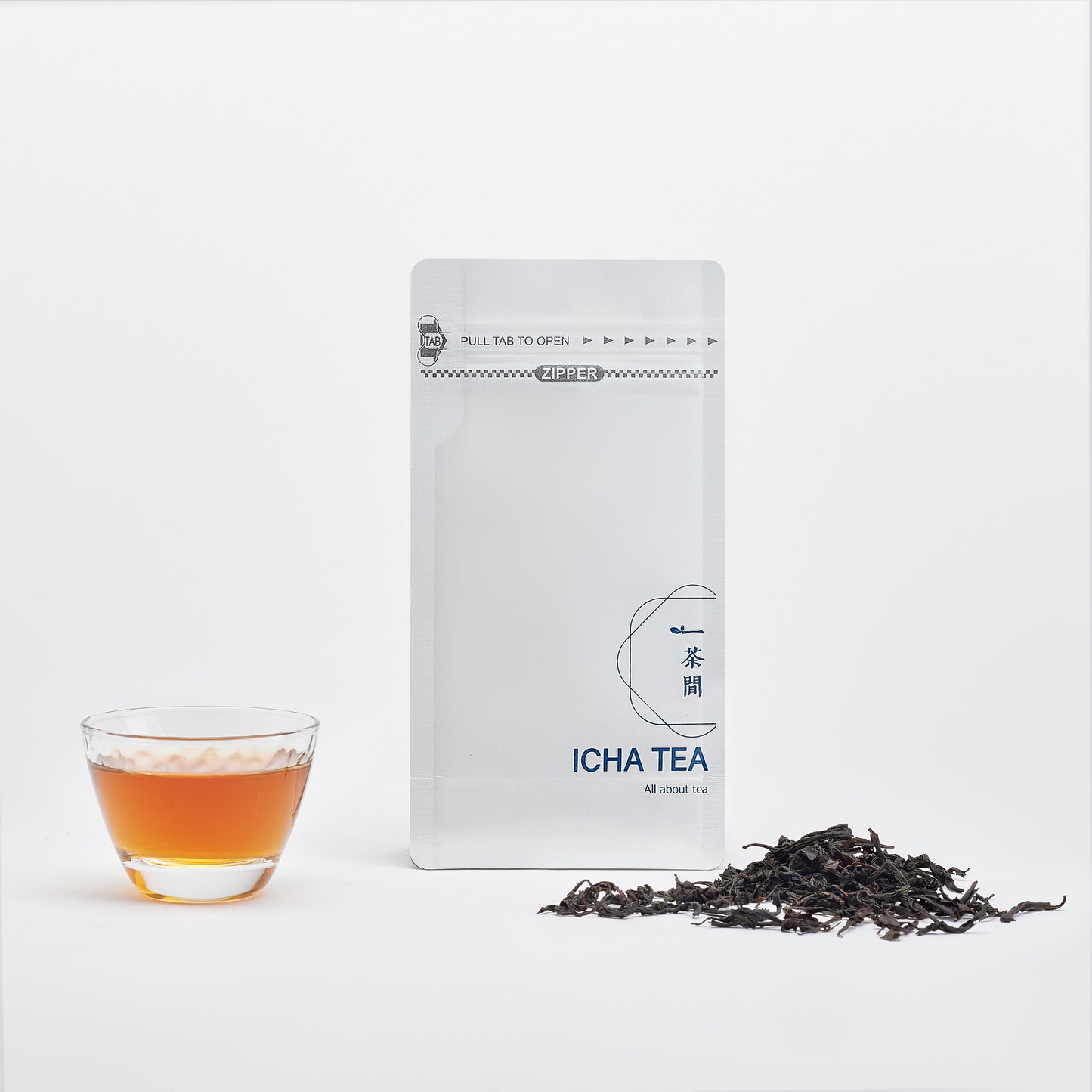
Pregnancy brings countless decisions about what's best for you and your growing baby. From prenatal vitamins to exercise routines, every choice feels magnified in importance. For health-conscious women who've embraced matcha as part of their wellness routine, one question looms large: is it safe to continue drinking matcha during pregnancy?
The vibrant green powder has gained devoted followers for its antioxidant properties and gentle energy boost. Yet pregnancy changes everything, including how your body processes caffeine and nutrients. Understanding the facts about matcha consumption during pregnancy empowers you to make informed decisions alongside your healthcare provider, without unnecessary worry or confusion.
Matcha and Pregnancy
Matcha offers a unique nutritional profile compared to regular tea or coffee. This stone-ground powder contains concentrated levels of antioxidants, amino acids, and absolutely, caffeine. During pregnancy, your body undergoes remarkable changes that affect how you metabolize nutrients and respond to stimulants.
Your caffeine sensitivity may increase during pregnancy, while your body's ability to process caffeine slows significantly. What once felt like a gentle morning boost might now feel overwhelming, or conversely, you might find yourself craving that familiar ritual more than ever. These individual variations make personalised guidance from your healthcare provider essential.
Rather than seeking a simple yes or no answer, understanding the nuances of matcha consumption during pregnancy helps you navigate this temporary but important period with confidence.
The Caffeine Factor: What Research Shows
Current Medical Guidelines
Major health organizations provide clear guidance on caffeine consumption during pregnancy. The American College of Obstetricians and Gynecologists (ACOG) recommends limiting caffeine intake to less than 200mg daily¹. The U.S. Food and Drug Administration echoes this guidance, emphasizing that moderate caffeine consumption is defined as 200mg or less per day. This appears the safe amount for most pregnant women².
These recommendations stem from extensive research examining caffeine's effects on pregnancy outcomes. The 200mg threshold represents a conservative approach, providing a safety margin whilst acknowledging that complete caffeine elimination isn't necessary for most pregnancies.
Matcha's Caffeine Content
Understanding where matcha fits within these guidelines requires examining its actual caffeine levels. A typical serving of matcha (1 teaspoon or approximately 2 grams) contains 35-70mg of caffeine, depending on the grade and preparation method³. Ceremonial matcha, made from the youngest tea leaves, typically contains higher caffeine levels than culinary grades.
One to two cups of matcha will keep you below the 200g recommendation. This places a standard matcha serving well within safe daily limits, allowing room for other caffeine sources or multiple servings if desired. Compare this to coffee's 95mg per cup or regular green tea's 25-45mg, and matcha emerges as a moderate caffeine option.
(This article covers the difference between ceremonial and culinary grade matcha...)

However, preparation methods significantly affect caffeine extraction. Water temperature, steeping time, and powder quantity all influence the final caffeine content in your cup. Traditional preparation using cooler water (70-80°C) extracts less caffeine than using boiling water.
Why Caffeine Limits Matter
The recommendation for caffeine limits during pregnancy isn't arbitrary—it's based on research examining potential risks. Excessive caffeine consumption during pregnancy has been associated with an increased risk of low birth weight, though the relationship is complex and dose-dependent⁴.
Pregnancy naturally slows caffeine metabolism, meaning caffeine stays in your system longer than usual. This extended presence can potentially affect sleep patterns, already challenged during pregnancy, and may interfere with iron absorption when consumed with meals.
Individual caffeine sensitivity varies dramatically, and pregnancy can heighten these differences. Some women find they cannot tolerate any caffeine during pregnancy, while others continue moderate consumption without issues.
Potential Benefits of Moderate Matcha Consumption
Antioxidant Properties
Matcha's exceptional antioxidant content, particularly epigallocatechin gallate (EGCG), offers potential benefits that extend beyond simple caffeine considerations⁵. These powerful compounds support cellular health and may provide immune system benefits during pregnancy when your body's defenses are naturally adjusted to protect your growing baby.
The concentration of antioxidants in matcha far exceeds that found in regular green tea or most other beverages. This potency means even small servings provide substantial antioxidant benefits, supporting overall health during this crucial period.
Nutritional Components
Beyond antioxidants, matcha contains several nutrients particularly relevant during pregnancy. The natural folate content, whilst modest, contributes to your daily intake of this crucial B vitamin essential for neural tube development.
L-theanine, an amino acid abundant in matcha, promotes relaxation and may help counteract caffeine's stimulating effects⁶. During pregnancy, when stress management becomes even more important, L-theanine's calming properties could provide gentle support for mental well-being.
Matcha also contains vitamin C, vitamin K, and various minerals that support overall health. Whilst these nutrients shouldn't replace prenatal vitamins, they contribute to a nutrient-dense diet.

Digestive Support
Some women find that small amounts of matcha help settle pregnancy-related nausea, particularly when consumed as a warm beverage. The gentle, sustained energy provided by matcha's unique caffeine and L-theanine combination may help avoid the blood sugar fluctuations that can worsen morning sickness.
The hydration benefits of consuming matcha as tea also support overall health during pregnancy, when fluid needs increase significantly.
Important considerations: These potential benefits don't override caffeine concerns and shouldn't influence your decision if your healthcare provider has recommended avoiding caffeine. Individual responses vary significantly, and matcha isn't a substitute for proper prenatal care or nutrition.
Is Matcha Safe While Breastfeeding?
Matcha is generally safe during breastfeeding, though moderation remains important. Small amounts of caffeine transfer to breast milk, so monitoring your intake protects both you and your baby's comfort. This study found that it takes over 5 cups of coffee before the baby is affected by the caffeine content.
Moderate caffeine consumption while breastfeeding poses minimal risk to most infants. However, excessive intake may cause fussiness and sleep disruption in sensitive babies.
Breastfeeding mothers can safely consume up to 300mg of caffeine daily—higher than pregnancy's 200mg limit. This allows up to 2-3 servings of matcha daily.
Individual sensitivity varies, so observe your baby's response and discuss concerns with your healthcare provider.
Safety Considerations and Potential Risks
Caffeine-Related Concerns
Even within recommended limits, caffeine consumption during pregnancy requires careful consideration. Sleep disruption, already common during pregnancy, can worsen with caffeine consumption, particularly later in the day. Quality sleep becomes even more crucial during pregnancy for both maternal and fetal health.
Caffeine may interfere with iron absorption when consumed with meals, a particular concern during pregnancy when iron needs increase dramatically. Timing matcha consumption away from iron-rich meals or iron supplements helps minimise this interaction.
Some medications used during pregnancy may interact with caffeine, affecting how your body processes either substance. Always discuss your complete supplement and beverage routine with your healthcare provider.
Quality and Preparation Factors
Not all matcha are created equal, and quality becomes paramount during pregnancy. Choose matcha from reputable sources to avoid potential contaminants like heavy metals or pesticides. ICHA TEA has teamed up with top green tea gardens and matcha producers in Japan. We recommend any of the selections from our matcha collection.
Avoid matcha products with added sugars, artificial sweeteners, or other additives that may not be appropriate during pregnancy. Pure matcha powder allows you to control exactly what you're consuming. 100% green tea.
Proper preparation techniques can help manage caffeine content whilst maximizing flavour and benefits. Using slightly cooler water and shorter preparation times reduces caffeine extraction whilst preserving matcha's delicate taste profile.

Individual Health Factors
Pre-existing conditions may affect your caffeine tolerance during pregnancy. Women with anxiety disorders, heart conditions, or high blood pressure should be particularly cautious about caffeine consumption and discuss matcha use with their healthcare providers.
If you have gestational diabetes, be mindful of how you prepare matcha. Avoid adding sweeteners and monitor your blood glucose response, as individual reactions can vary.
Expert Recommendations and Safe Consumption Guidelines
If Your Healthcare Provider Approves Matcha
To be safe and granted that your healthcare provider supports continued matcha consumption, several guidelines can help ensure safe enjoyment. Limit yourself to one to two small serving (1/2 to 1 teaspoon) per day, preferably consumed in the morning to avoid sleep disruption.
Monitor your body's response carefully. If you experience increased anxiety, sleep difficulties, or digestive upset, consider reducing or eliminating matcha temporarily. Pregnancy is not the time to push through uncomfortable symptoms.
Keep a food and symptom diary to identify any patterns between matcha consumption and how you feel. This information helps both you and your healthcare provider make informed decisions about continuing consumption.
Preparation Tips for Lower Caffeine
If you choose to make matcha a daily routine, several preparation modifications can reduce caffeine content while maintaining flavour. Use water heated to 70-75°C rather than boiling temperature, as cooler water extracts less caffeine whilst preserving matcha's delicate taste.
Reduce your serving size to half a teaspoon rather than a full teaspoon. This adjustment significantly decreases caffeine intake and will still providing the ritual and flavour you enjoy.
Consider alternating matcha days with caffeine-free herbal teas to reduce overall caffeine exposure. This variety can also makes a beverage routine more fun.
When to Avoid Matcha Completely
Certain circumstances warrant avoiding matcha entirely during pregnancy. If you have a high-risk pregnancy, your healthcare provider may recommend eliminating all caffeine sources, including matcha.
Women with severe caffeine sensitivity or those who experienced adverse reactions to caffeine before pregnancy should avoid matcha. Pregnancy often heightens existing sensitivities, making previous tolerance levels unreliable.
If your healthcare provider has specifically recommended avoiding caffeine, respect this guidance regardless of matcha's potential benefits. Your provider's recommendations are based on your individual health profile and pregnancy circumstances.
Final Recommendations
The question of matcha safety during pregnancy doesn't have a universal answer. It depends on your individual circumstances, health status, and healthcare provider's guidance. For most women with uncomplicated pregnancies, moderate matcha consumption of 1-2 cups is within established caffeine limits and appears safe and may even provide benefits.
The key lies in informed decision-making based on current research, quality considerations, and professional medical advice. Pregnancy represents a temporary period where extra caution serves your baby's best interests, even if it means modifying beloved routines Always prioritise open communication with your healthcare team about all aspects of your pregnancy nutrition.
You Might Also Enjoy These Articles
- How Matcha Tea Can Sharpen Your Mind and Enhance Mental Clarity
- What's Going On With This Matcha Shortage?!
- Matcha L-Theanine Benefits for Stress Reducing
- Does Matcha Help With Weight Loss?
- 3 Refreshing Matcha Beverages for Warm Weather
Important Note: The information in this article is for educational and informational purposes only and has not been evaluated by Health Canada or the Food and Drug Administration. This content is not intended as medical advice, diagnosis, or treatment for pregnancy-related conditions. Every pregnancy is unique, and individual circumstances vary significantly. It is essential to consult with your healthcare provider, obstetrician, or midwife before making any changes to your diet or caffeine consumption during pregnancy. Always follow your healthcare provider's specific recommendations, as they understand your individual health profile and pregnancy circumstances.
References
- American College of Obstetricians and Gynecologists. (2010). ACOG Committee Opinion No. 462: Moderate caffeine consumption during pregnancy. Obstetrics & Gynecology, 116(2), 467-468. https://doi.org/10.1097/AOG.0b013e3181eeb2a1
- U.S. Food and Drug Administration. (2018). Spilling the beans: How much caffeine is too much? FDA Consumer Updates. https://www.fda.gov/consumers/consumer-updates/spilling-beans-how-much-caffeine-too-much
- Kochman, J., Jakubczyk, K., Antoniewicz, J., Mruk, H., & Janda, K. (2021). Health benefits and chemical composition of matcha green tea: A review. Molecules, 26(1), 85. https://doi.org/10.3390/molecules26010085
- Chen, L. W., Wu, Y., Neelakantan, N., Chong, M. F., Pan, A., & van Dam, R. M. (2014). Maternal caffeine intake during pregnancy is associated with risk of low birth weight: A systematic review and dose-response meta-analysis. BMC Medicine, 12, 174. https://doi.org/10.1186/s12916-014-0174-6
- Forester, S. C., & Lambert, J. D. (2011). The role of antioxidant versus pro-oxidant effects of green tea polyphenols in cancer prevention. Molecular Nutrition & Food Research, 55(6), 844-854. https://doi.org/10.1002/mnfr.201000641
- Hidese, S., Ogawa, S., Ota, M., Ishida, I., Yasukawa, Z., Ozeki, M., & Kunugi, H. (2019). Effects of L-theanine administration on stress-related symptoms and cognitive functions in healthy adults: A randomized controlled trial. Nutrients, 11(10), 2362. https://doi.org/10.3390/nu11102362
- Nehlig, A., & Debry, G. (1994). Consequences on the newborn of chronic maternal consumption of coffee during gestation and lactation: a review. Journal of the American College of Nutrition, 13(1), 6-21. https://doi.org/10.1080/07315724.1994.10718366

